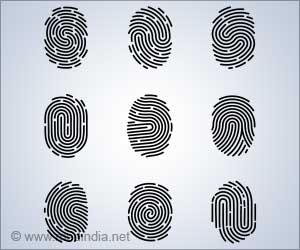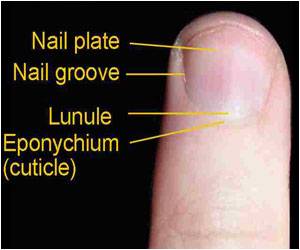![Quiz on Fingerprints]()
Introduction
Dermatoglyphics is the study of the patterns on our skin ridges or simply ‘the scientific study of fingerprints’. It started in India in 1858 by Sir William Herschel and was organized by Sir Francis Galton in 1892. Fingerprints are patterns created by the papillary or epidermal ridges of the fingertips. They are classified into different types like loops, whorls, arches, and composites, each with its own variations and uniqueness (
1✔ ✔Trusted Source
The Essentials of Forensic Medicine and Toxicology
Go to source).
To confirm a fingerprint's identity, experts compare specific features within the ridge areas, like endings or bifurcations of the person’s fingerprints with the suspected latent fingerprint, usually confirming the match with 10 to 12 points. These patterns are distinct and different for each individual, except in the case of identical twins where the fingerprints are similar.
Fingerprints play a key role in identifying deceased, missing or unknown persons in civil and criminal investigations (
1✔ ✔Trusted Source
The Essentials of Forensic Medicine and Toxicology
Go to source).
By taking this quiz, you can understand a few facts about fingerprints, their types, and their importance in identification. There are ten questions in this quiz with a detailed explanation of the answers. The topics covered are:
-
Fingerprint uses (1✔ ✔Trusted Source
The Essentials of Forensic Medicine and Toxicology
Go to source)
- Uniqueness of fingerprints (2✔ ✔Trusted Source
Are fingerprints determined by genetics?
Go to source)
- Father of fingerprint (3✔ ✔Trusted Source
When and How Fingerprints Form
Go to source)
- Types of fingerprints (4✔ ✔Trusted Source
History of Our Great Emblem
Go to source)
- Most common and least common fingerprint (5✔ ✔Trusted Source
Principles of Fingerprint Analysis
Go to source)
- Types of fingerprints (6✔ ✔Trusted Source
Fingerprints
Go to source) (7✔ ✔Trusted Source
NCIC Fingerprint Classification
Go to source)
- Fingerprints of criminals














